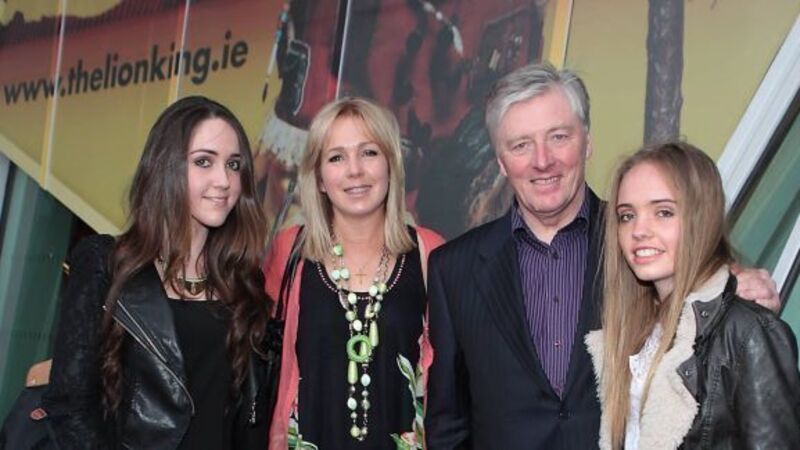Pat Kenny On the crest of the airwaves at Newstalk

That was from Seán O’Rourke, his replacement on Radio One, whom he bumped into socially recently.
“He thanked me for leaving. He said he was having more fun than he had had for years,” Pat laughs.
Try from €1.50 / week
SUBSCRIBEThat was from Seán O’Rourke, his replacement on Radio One, whom he bumped into socially recently.
“He thanked me for leaving. He said he was having more fun than he had had for years,” Pat laughs.
Already a subscriber? Sign in
You have reached your article limit.
Annual €130 €80
Best value
Monthly €12€6 / month
Introductory offers for new customers. Annual billed once for first year. Renews at €130. Monthly initial discount (first 3 months) billed monthly, then €12 a month. Ts&Cs apply.
CONNECT WITH US TODAY
Be the first to know the latest news and updates
Newsletter
Keep up with stories of the day with our lunchtime news wrap and important breaking news alerts.
Monday, February 9, 2026 - 5:00 PM
Monday, February 9, 2026 - 5:00 PM
Monday, February 9, 2026 - 5:00 PM
© Examiner Echo Group Limited